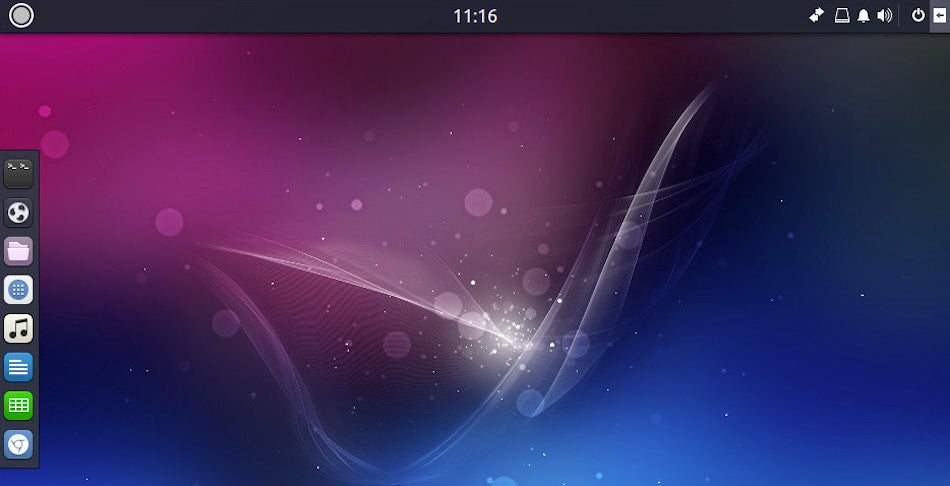Canonical, the company behind the popular Ubuntu Linux operating system, announced today that it will be present at the upcoming Smart Product Solutions (SPS) 2019 event in Nuremberg to showcase Ubuntu Core to the industrial Mittelstand. Canonical continues to promote its Ubuntu Core operating system, a slimmed-down version of Ubuntu designed and optimized to run on smaller, embedded hardware, such as IoT (Internet of Things) devices, and it now promises to support the Mittelstand innovators, which are medium-sized companies, with Open Source software and GNU/Linux technologies.
[Source: Softpedia]


